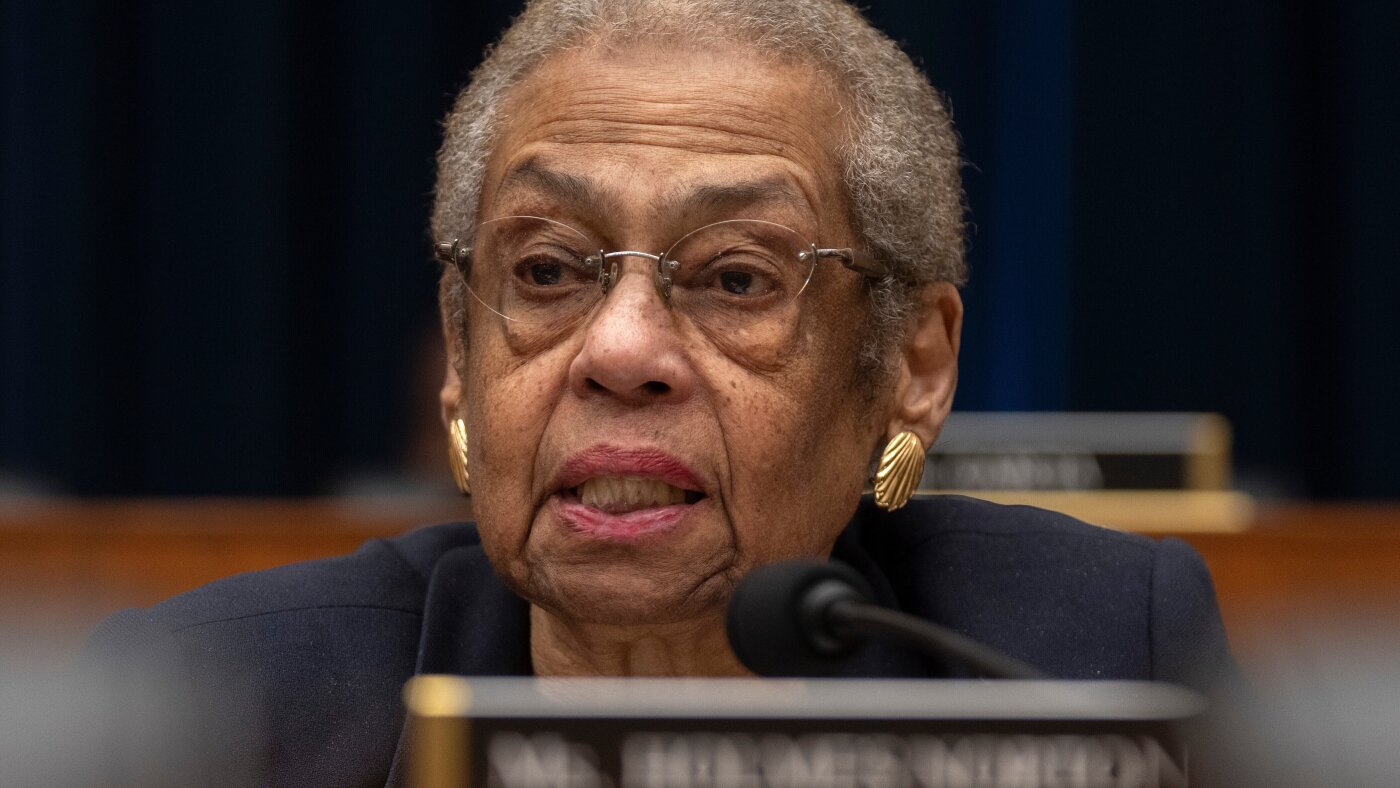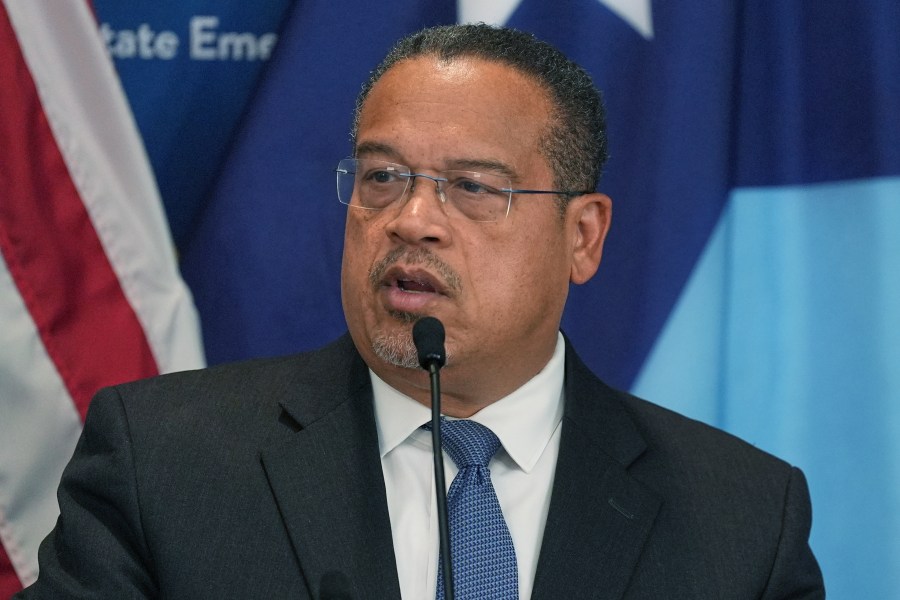
On September 10, 1991, the Senate Judiciary Committee commenced hearings on the nomination of Clarence Thomas to the U.S. Supreme Court. This event marked a pivotal moment in American legal history, particularly in the discourse surrounding sexual harassment. During the hearings, Anita Hill, a law professor who had previously worked with Thomas, made serious allegations that would dominate the proceedings and public conversation.
Significant Historical Context
The nomination hearings were not only significant for the future of the Supreme Court but also highlighted broader societal issues. Hill’s testimony brought sexual harassment into the national spotlight, prompting discussions about workplace conduct and gender equality that continue to resonate today.
In addition to the Thomas hearings, September 10 has witnessed several noteworthy events throughout history. In 1608, John Smith was elected president of the Jamestown colony council in Virginia. This event marked an important step in the establishment of one of the first permanent English settlements in North America.
Another milestone occurred in 1846 when Elias Howe received a patent for his sewing machine. This invention revolutionized the textile industry and changed the way clothing was produced.
Notable Events and Birthdays
On the sporting front, on September 10, 1960, Abebe Bikila of Ethiopia became the first Black African to win Olympic gold, completing the marathon in Rome while running barefoot. His victory is still celebrated as a defining moment in Olympic history.
The date also saw the devastating impact of Hurricane Donna, a Category 4 storm that struck the Florida Keys in 1960, resulting in 364 fatalities. The hurricane serves as a reminder of the power of natural disasters and their long-lasting effects on communities.
In 1963, a significant moment in the civil rights movement took place as 20 Black students entered Alabama public schools following a standoff involving federal authorities and Alabama Governor George C. Wallace. This event was a critical step toward desegregation in the American education system.
The political landscape shifted in 1979, when President Jimmy Carter granted clemency to four Puerto Rican nationalists imprisoned for a 1954 attack on the U.S. House of Representatives. This decision reflected ongoing debates about justice and political activism.
Later, in 1987, Pope John Paul II arrived in Miami, where he was welcomed by President Ronald Reagan and First Lady Nancy Reagan. This visit marked the beginning of a 10-day tour through the United States, emphasizing the Pope’s global influence.
More recently, in 2005, teams of forensic workers began the grim task of recovering bodies left in the wake of Hurricane Katrina in New Orleans. The storm caused widespread devastation and loss of life, highlighting the vulnerability of communities to climate-related disasters.
On September 10, 2008, the Large Hadron Collider at the European Organization for Nuclear Research (CERN) was powered up for the first time, successfully firing protons through its 17-mile (27-kilometer) underground ring tunnel. This milestone marked a significant advancement in particle physics research.
Most recently, on September 10, 2022, King Charles III was officially proclaimed the monarch of Britain in a ceremonial event following the death of his mother, Queen Elizabeth II. This transition represents a new era for the British monarchy.
Among those celebrating birthdays today are notable figures such as scientist-author Jared Diamond, who is 88, singer José Feliciano, who turns 80, and former Canadian First Lady Margaret Trudeau, who is 77. The day also marks the birthdays of various other prominent personalities across diverse fields, from politics to entertainment.
As we reflect on September 10, it is evident that this date has served as a backdrop for significant events that have shaped history, culture, and society.





